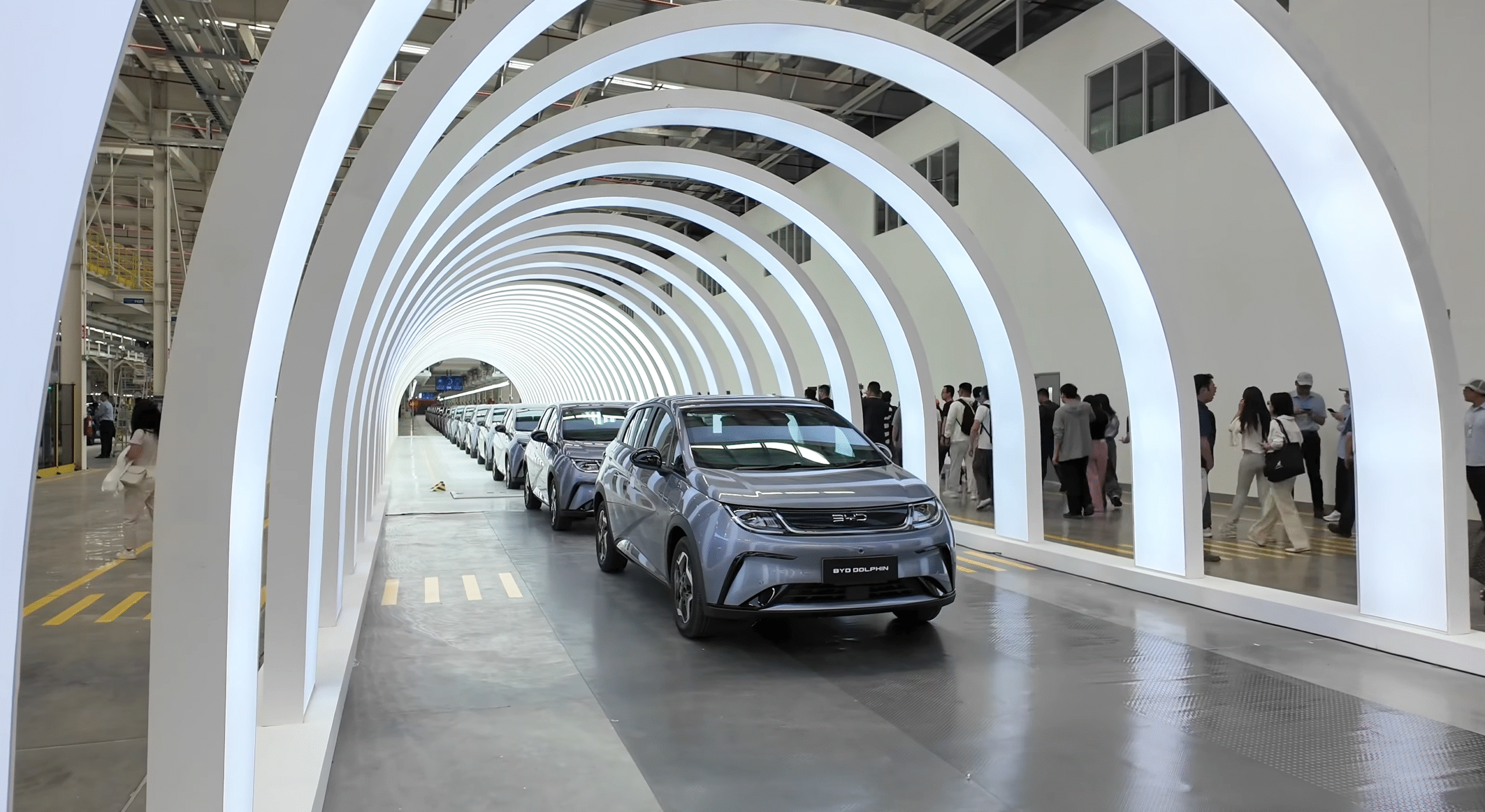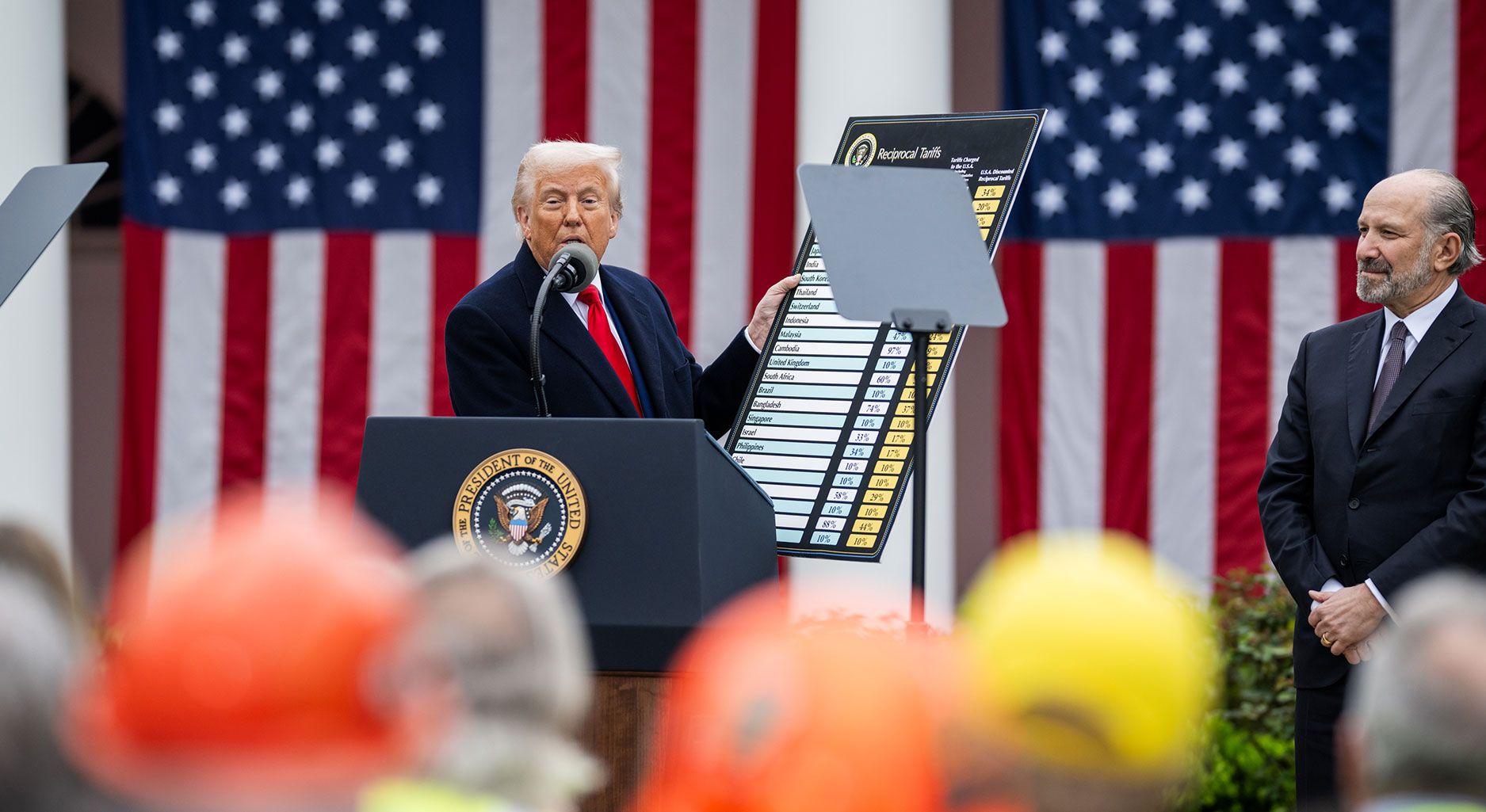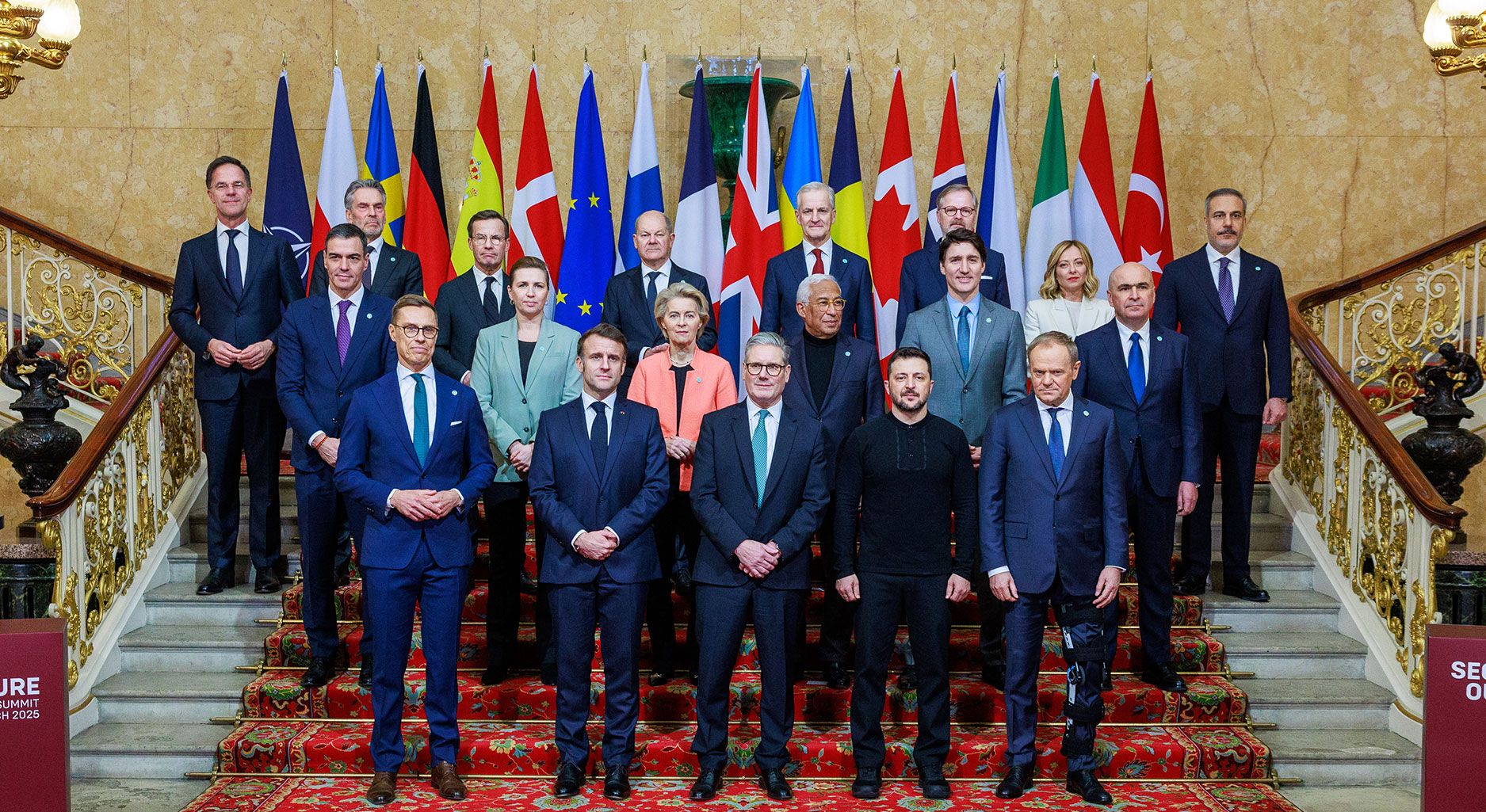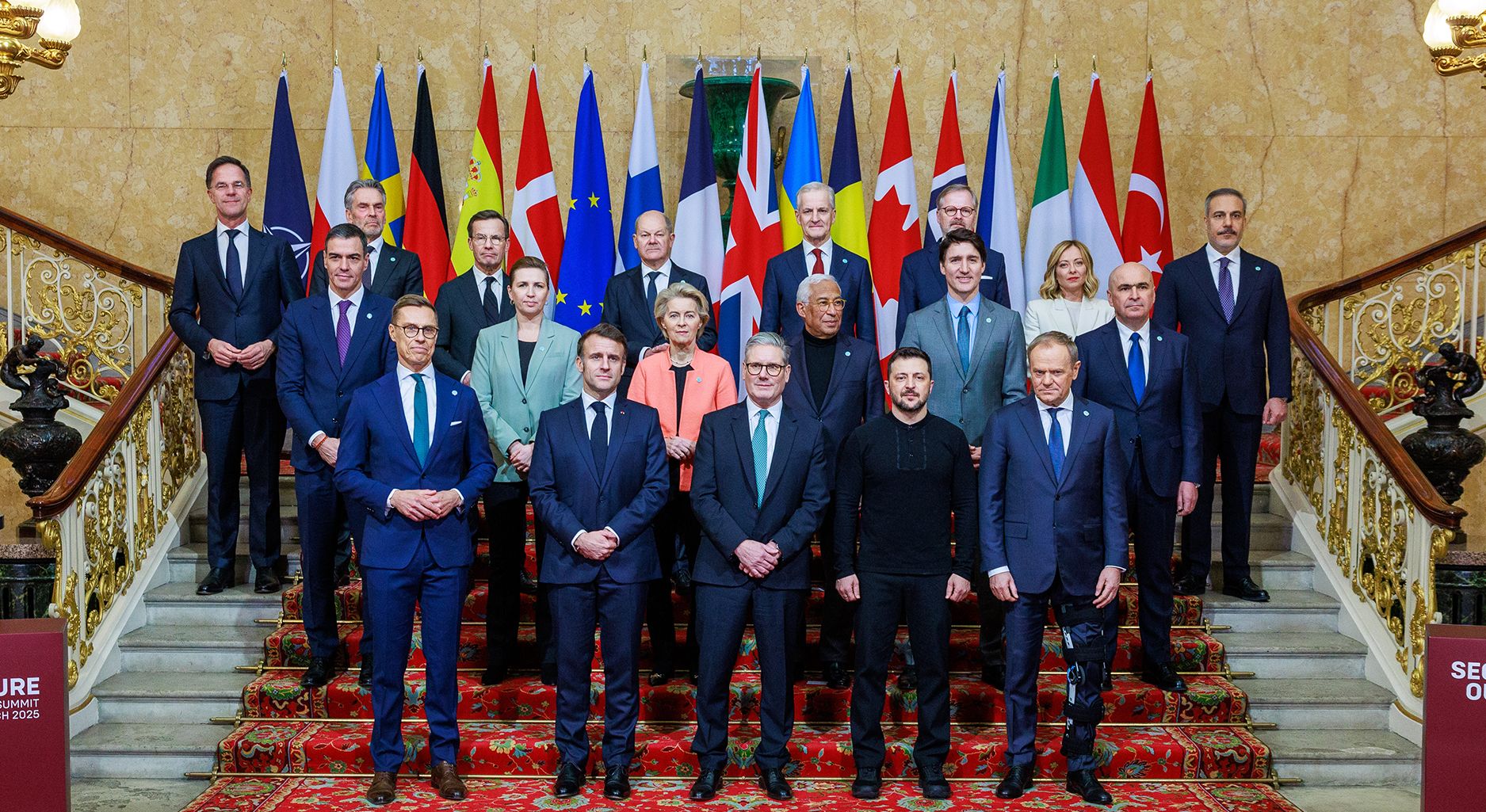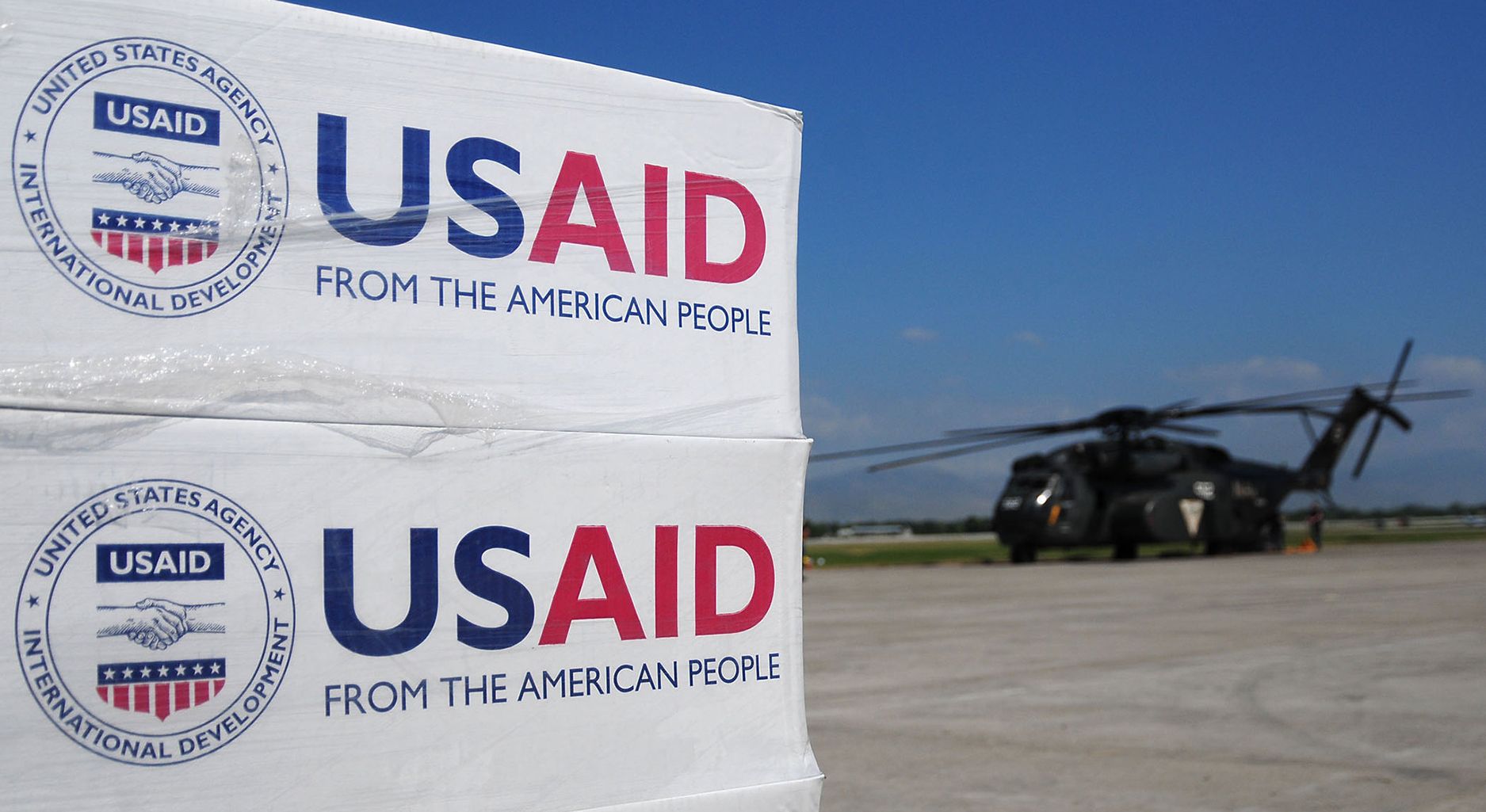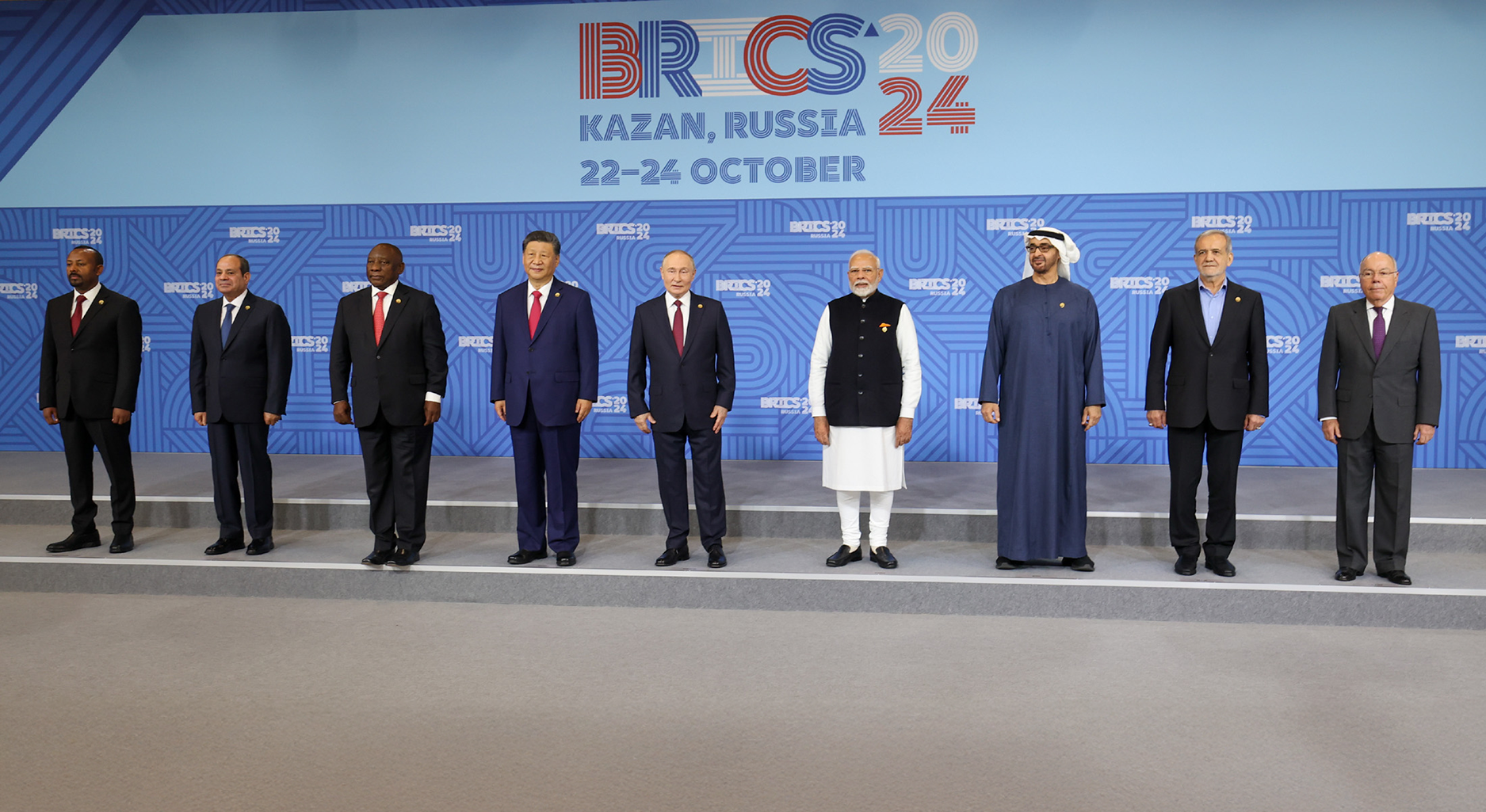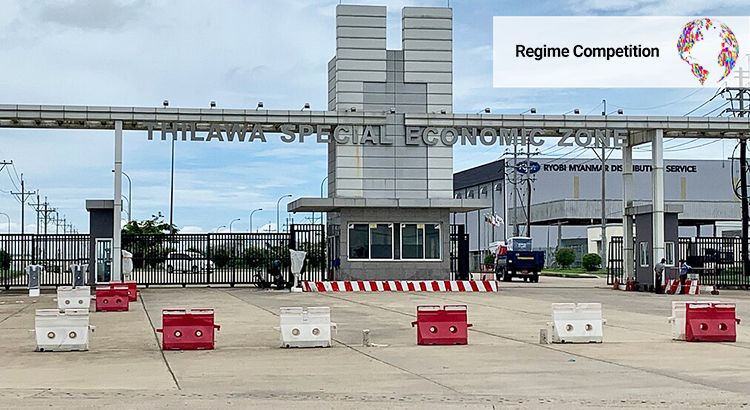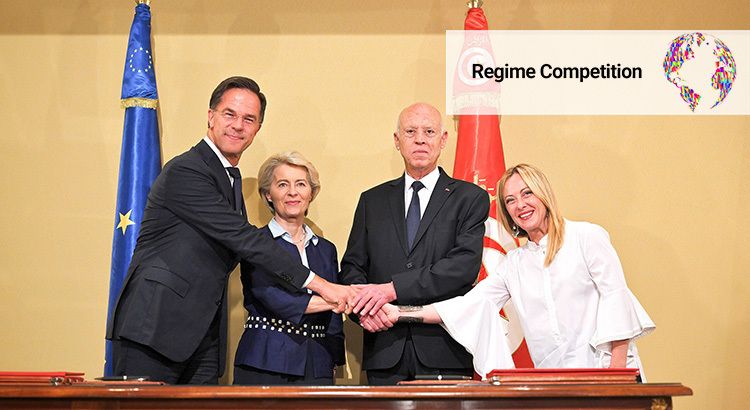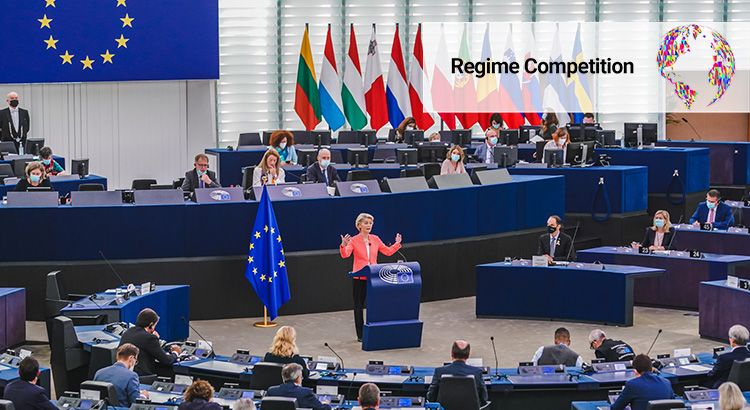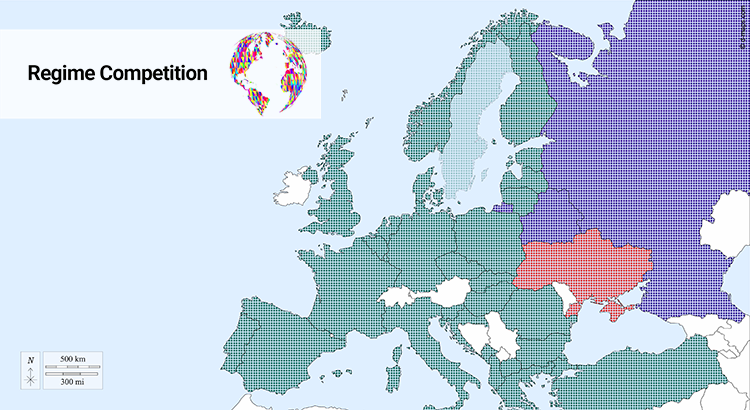
Regime Competition in a Fragmented World
More than thirty years after the proclaimed “end of history” and the third wave of democratization, the world is once again marked by increased diversity in political regimes.
The (re-)emergence of powerful authoritarian states like China and Russia and the trend of backsliding in seemingly consolidated democracies have created a more pluralistic and multipolar world, in which states with different political regime types increasingly view each other as competitors, seeking to prove the superiority of their own political and economic systems and to win the allegiance of third countries.
Regime competition affects many contemporary political dynamics, often with a direct relevance for peace and conflict issues. It entails two distinct, yet interrelated understandings of “competition”: one between powerful states and coalitions as a contest for international influence or even hegemony; and one regarding the performance of their respective political, economic and social systems, which undergirds claims to domestic legitimacy and international leadership among like-minded countries.
This blog series will explore both dimensions of regime competition and its many facets in more detail. It will feature contributions on issues like the origins and limits of recent Sino-Russian alignment, trends of decoupling and dissociation in East-West relations, strategic competition in Antarctica, a critical assessment of reform capacities across regime types in North Africa, regime-specific approaches to UN-agenda “Women, Peace and Security”, challenges to liberal democracy from global neo-authoritarian movements and the securitization of regime types in Eastern European and post-Soviet countries.
